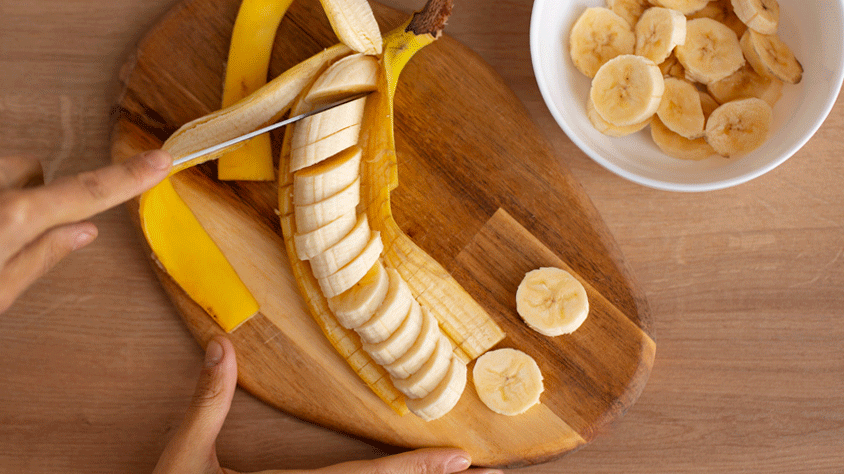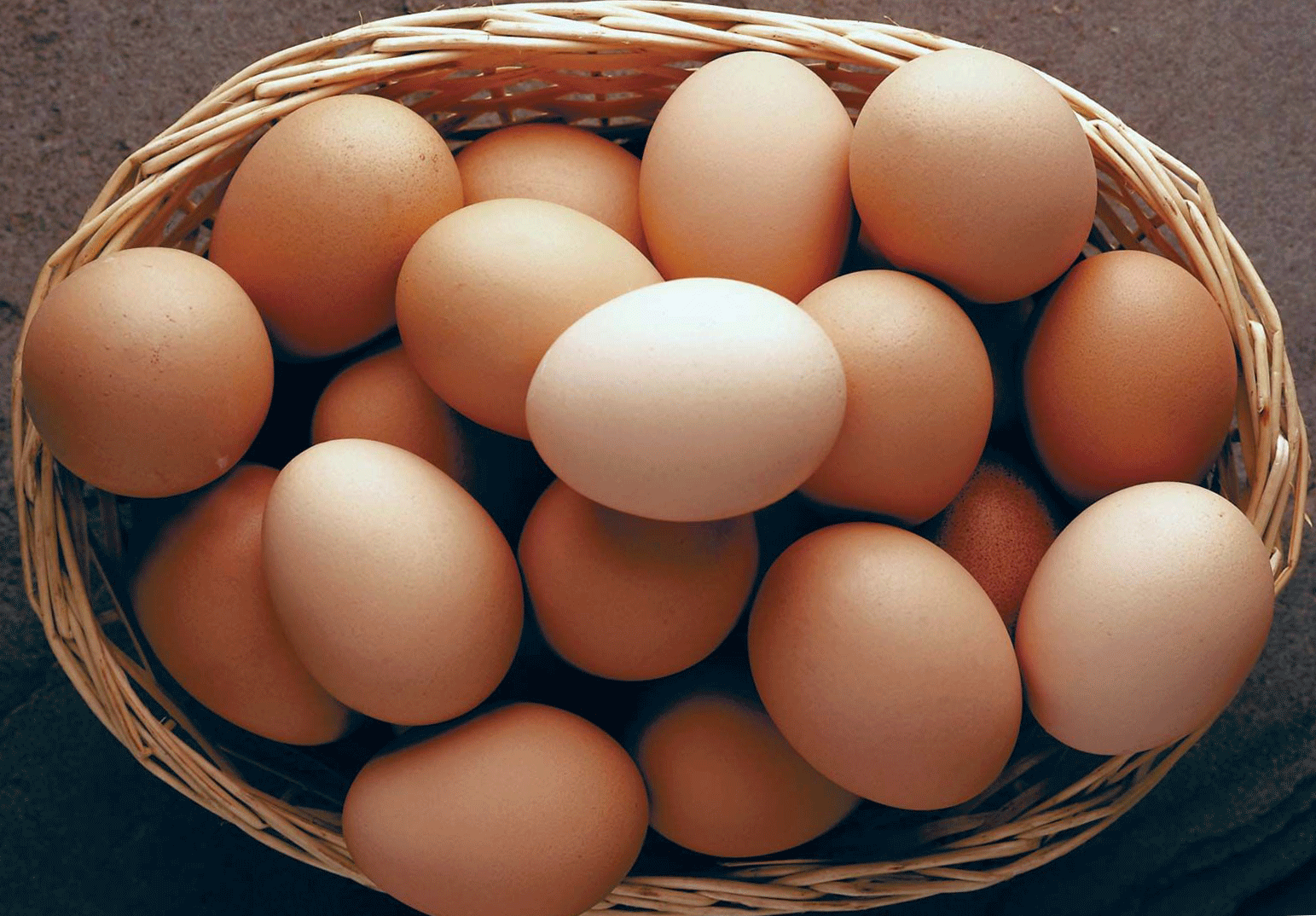Ensuring that a baby is gaining weight at a healthy rate is a common concern for many parents. While it's essential to follow a pediatrician's advice, incorporating certain foods into your baby's diet can help them gain weight in a healthy manner.
Breast Milk:
For newborns and infants, breast milk is the best source of nutrition. It contains the right balance of nutrients and antibodies that help in growth and development. If breastfeeding isn't possible, infant formula is a suitable alternative.
Avocados:
Avocados are rich in healthy fats and calories, making them an excellent choice for babies. They are also packed with vitamins and minerals like vitamin E, vitamin C, and potassium. You can mash avocados and feed them directly to your baby.
Bananas:

Bananas are calorie-dense and easy for babies to digest. They are also rich in potassium, vitamin C, and vitamin B6. You can serve bananas mashed or blended into smoothies for older babies.
Full-Fat Dairy Products:
Full-fat yogurt, cheese, and cottage cheese are excellent sources of protein and healthy fats. These dairy products can be introduced to your baby once they are over six months old. Always choose products without added sugar.
Sweet Potatoes:
Sweet potatoes are rich in beta-carotene, fiber, and vitamins. They are calorie-dense and can be easily mashed or pureed for babies. Their natural sweetness often makes them a favorite among infants.
Oatmeal:
Oatmeal is a nutritious and filling option for babies. It provides fiber, vitamins, and minerals that support healthy weight gain. Cook the oatmeal until it's soft and mix it with breast milk or formula for added nutrients.
Eggs:

Eggs are a great source of protein, healthy fats, and various vitamins and minerals. Ensure the eggs are well-cooked before feeding them to your baby. You can scramble or boil them and serve in small pieces.
Nuts and Nut Butters:
Nut butters like peanut butter or almond butter are calorie-dense and rich in healthy fats. For babies over six months old, you can mix a small amount of nut butter with fruits or oatmeal. Ensure there are no chunks that could pose a choking hazard.
Meat and Poultry:
Lean meats like chicken and turkey are excellent sources of protein and iron. You can introduce pureed or finely chopped meat to your baby's diet. Start with small portions and gradually increase as your baby gets used to the texture.
Legumes:
Beans, lentils, and peas are high in protein, fiber, and essential nutrients. They can be mashed or pureed to create a smooth texture suitable for babies. Mixing legumes with rice or vegetables can provide a balanced meal.
Whole Grains:
Brown rice, quinoa, and whole wheat pasta are nutritious options that provide complex carbohydrates, fiber, and essential nutrients. Cook them until they are soft and easy for your baby to eat.
When introducing new foods to your baby, it's important to do so gradually and watch for any signs of allergies. Start with small portions and increase the quantity as your baby becomes accustomed to the new food. Additionally, always ensure that the food is appropriately prepared and safe for your baby's age and developmental stage.
By incorporating these nutrient-dense foods into your baby's diet, you can support healthy weight gain and provide the essential nutrients needed for their growth and development. Remember to consult with your pediatrician before making significant changes to your baby's diet.



